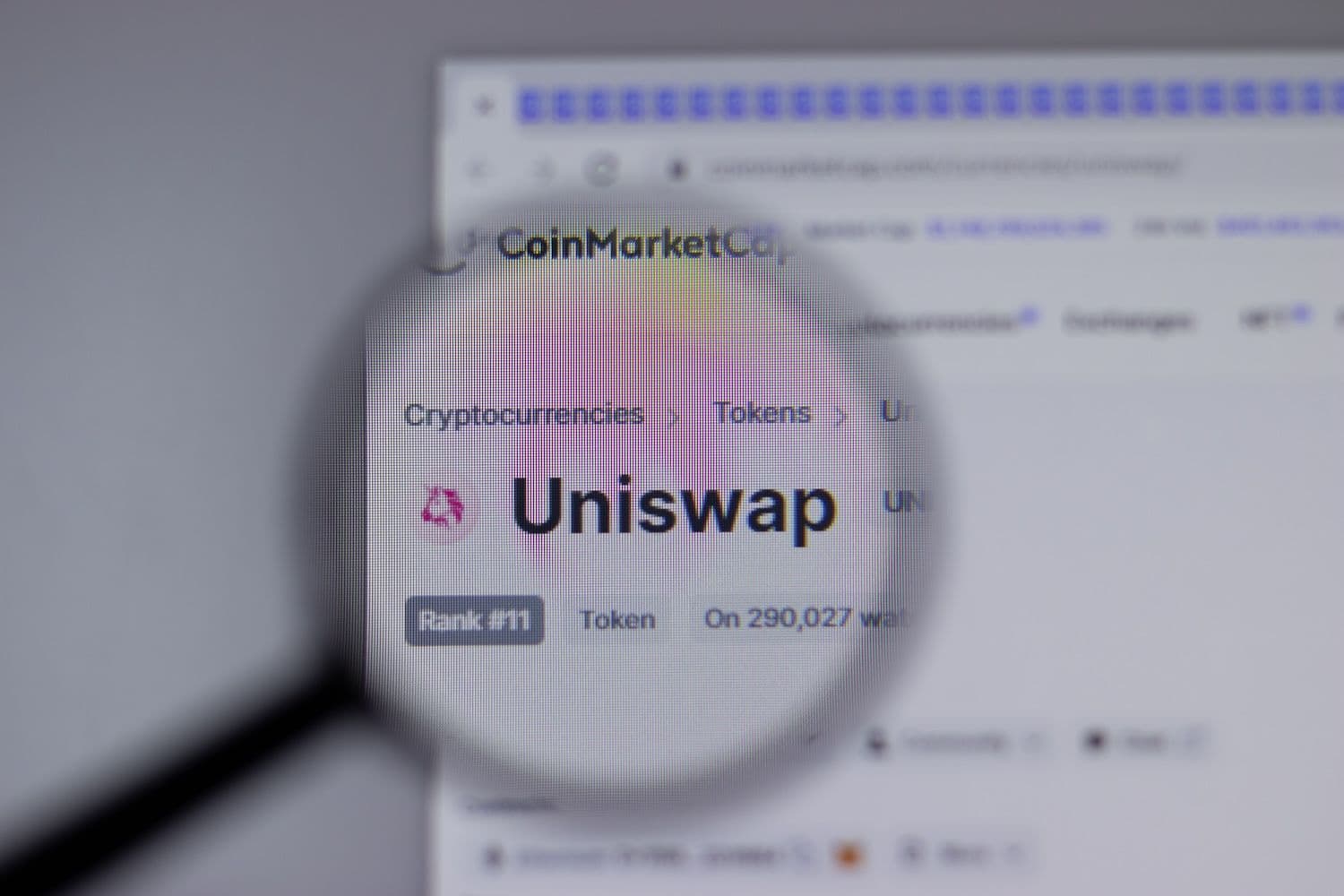Bancor Launches Patent Lawsuit Against Crypto Exchange Uniswap, Claims AMM Tech Theft
In a significant development for the cryptocurrency industry, Bancor has filed a patent infringement lawsuit against major decentralized exchange Uniswap, alleging unauthorized use of its automated market maker technology that has generated billions in trading volume. The lawsuit, filed Monday in the U.S. District Court for the Southern District of New York, claims Uniswap has profited substantially from technology Bancor designed in 2016 and patented in January 2017.
What to Know:
- Bancor claims it invented and patented the "constant product automated market maker" technology in 2017, before Uniswap's 2018 launch
- Uniswap currently processes nearly $3.8 billion in daily trading volume compared to Bancor's $378,579
- The lawsuit seeks compensation for unlicensed use of patented technology and inducement of infringement
Legal Battle Over Cryptocurrency Exchange Technology
Bancor, which developed a smart contract-based automated market maker for cryptocurrency trading, asserts that its technology forms the foundation of what has become a multi-trillion dollar decentralized finance sector. The patented technology involves complex mathematical formulas that enable the addition or withdrawal of resources from liquidity pools without traditional order books. According to court documents, this innovation resulted in two issued patents that Bancor claims Uniswap has violated.
"When an organization continuously uses our invention without our authorization and does so as a means of competing with us, we must take action," said Mark Richardson, project lead at Bancor.
The lawsuit specifically targets both Uniswap Labs and the Uniswap Foundation. "With this lawsuit, Bprotocol Foundation and LocalCoin seek compensation for Uniswap Labs' unlicensed use of Bancor's patented technology and Uniswap Foundation's inducement of infringement," the legal filing states. The case potentially represents a landmark intellectual property dispute in the rapidly evolving cryptocurrency space, where open-source development and code forking are common practices.
At press time, Uniswap had not issued any public response to the allegations. Decentralized exchanges like Uniswap operate without central authorities, instead using smart contracts on blockchain networks to facilitate peer-to-peer trading of digital assets.
Market Dominance Disparities Highlight Stakes
The market position difference between the two platforms underscores the potential financial implications of the lawsuit. According to cryptocurrency data aggregator DefiLlama, Uniswap ranks second among all decentralized exchanges by daily trading volume, processing approximately $3.8 billion in the 24 hours preceding the lawsuit filing. Bancor, despite claiming to be the originator of the technology, ranks 142nd with just $378,579 in daily volume.
Throughout its existence, Uniswap has facilitated approximately $2.8 trillion in total trading volume, establishing itself as one of the dominant players in decentralized finance. This massive disparity in market adoption appears to be a central motivation behind Bancor's legal action.
Richardson expressed concern about broader industry implications beyond this specific case. "If companies like Uniswap can act unchecked, we fear it will hinder innovation across the industry to the detriment of all DeFi players," he said.
The lawsuit comes amid growing regulatory scrutiny of the cryptocurrency industry globally. Patent enforcement actions remain relatively uncommon in the blockchain space, where many projects emphasize open-source development philosophies. However, as the financial stakes increase with mainstream adoption, intellectual property disputes may become more frequent.
Industry observers note that the outcome of this case could establish important precedents regarding intellectual property rights in decentralized technology development. The litigation also highlights tensions between traditional patent protection systems and the collaborative ethos that has characterized much of blockchain development.
The case will likely face complex technical and legal challenges as the court attempts to evaluate highly specialized cryptocurrency trading mechanisms within existing intellectual property frameworks. Both companies continue to operate their platforms while the legal process unfolds.
Conclusion
The lawsuit between Bancor and Uniswap represents a pivotal moment for intellectual property rights in decentralized finance. The case's outcome could significantly impact how technology innovation is protected and compensated in blockchain ecosystems, potentially reshaping development practices across the industry.



